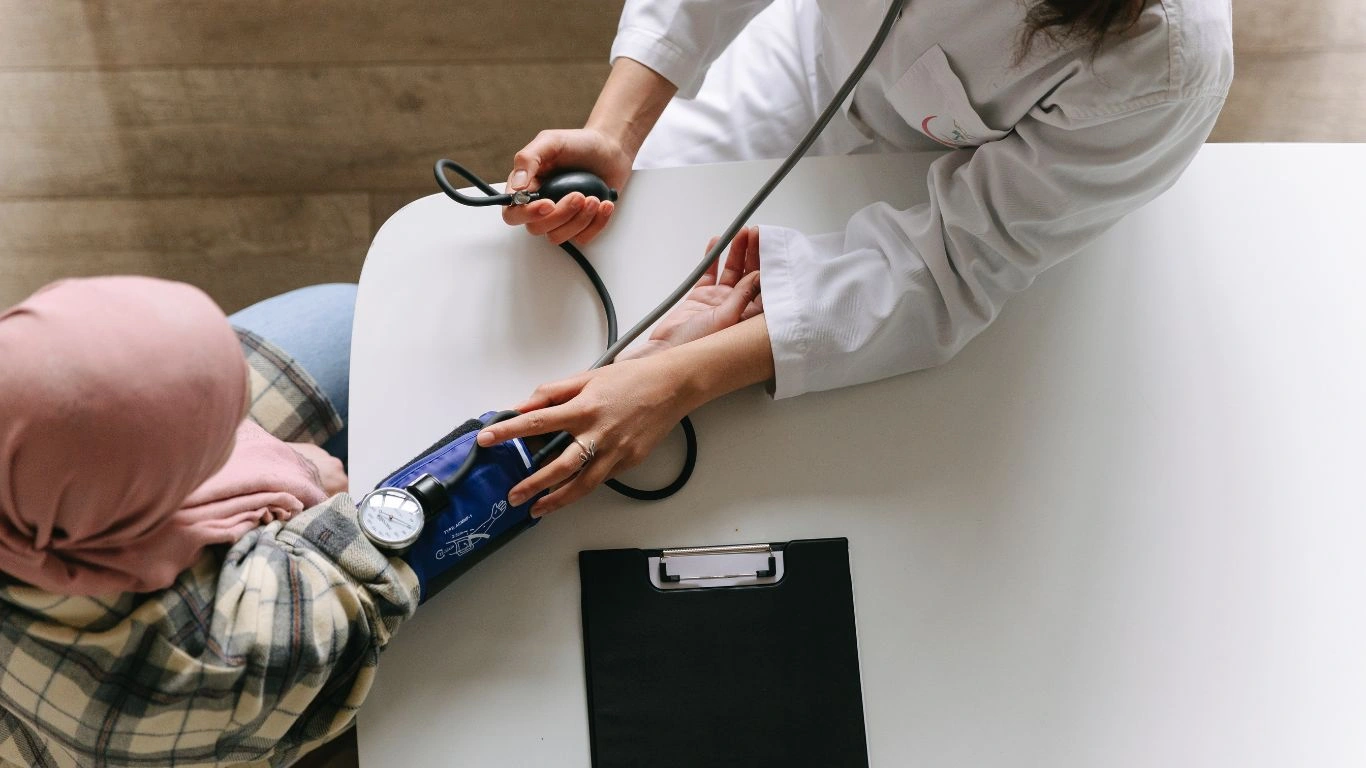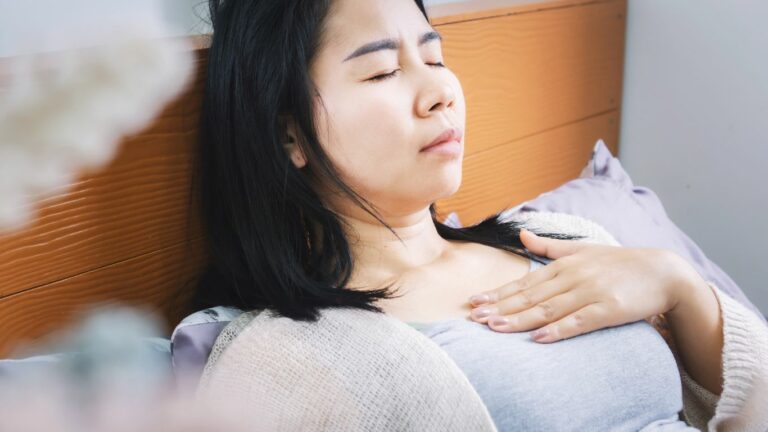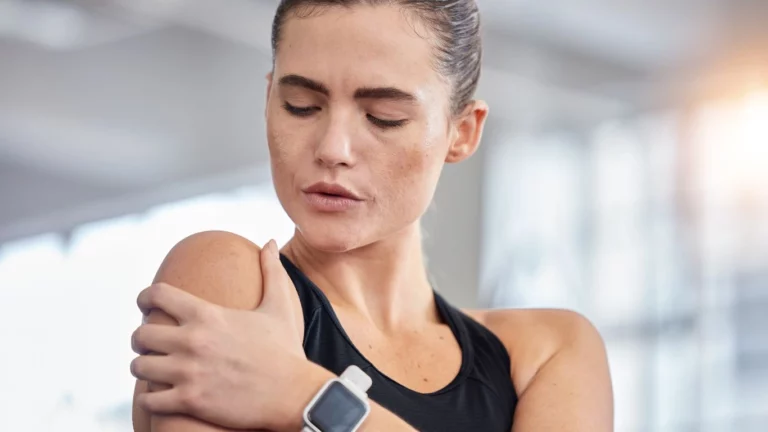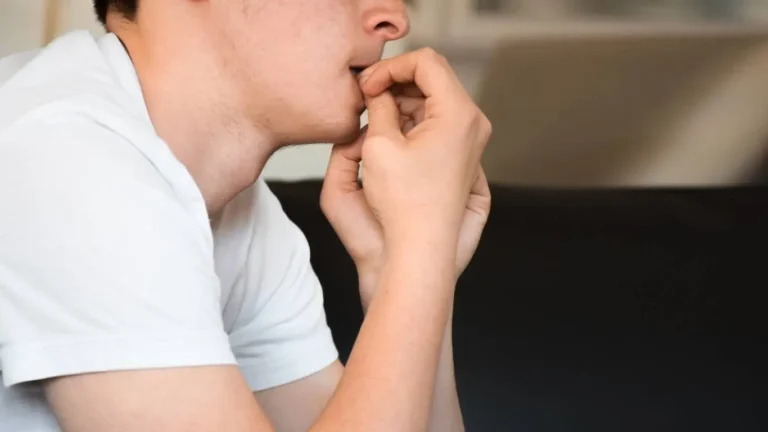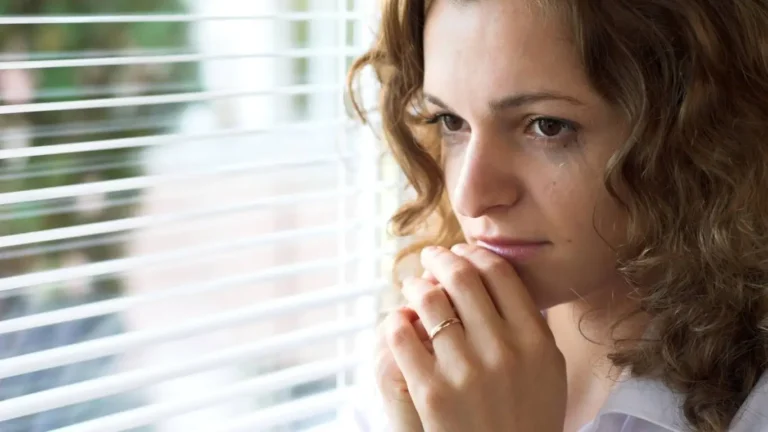What Causes Sudden Blood Pressure Drops? Discover 10 Common Triggers
It always catches people off guard—one minute you’re fine, the next, you’re dizzy, lightheaded, maybe even seeing stars. Patients often ask me, “Doc, what causes sudden blood pressure drops?” And it’s a great question. Sudden dips in blood pressure can feel scary and disorienting, especially if you’re someone already keeping tabs on your numbers. As an internal medicine physician working with countless patients on hypertension management, I’ve seen both ends of the spectrum—those creeping high readings we’re all trying to avoid and those surprising, seemingly random plummets that leave people rattled. So, let’s unpack it.
What Exactly Is a Sudden Drop in Blood Pressure?
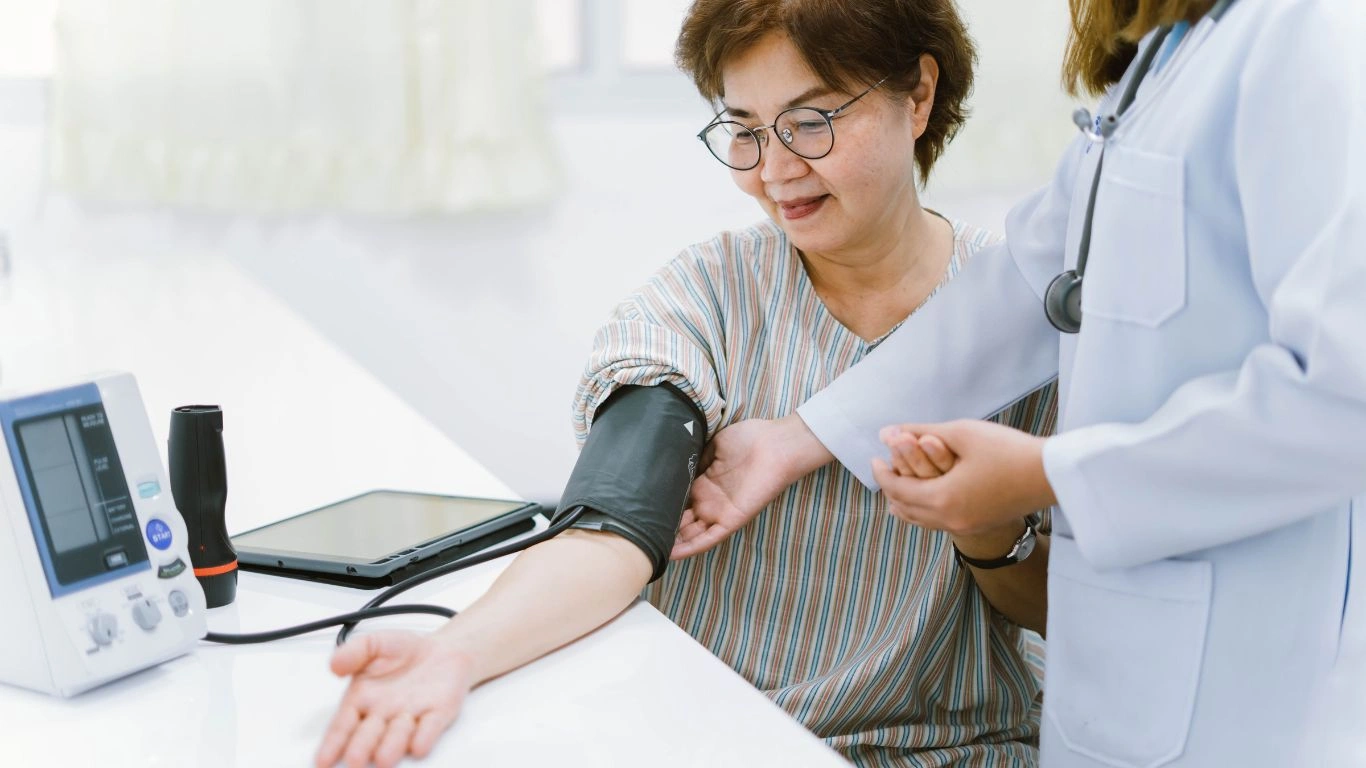
When we talk about a sudden drop in blood pressure—also known as acute hypotension—we’re referring to a rapid fall in your blood pressure readings that happens over minutes or even seconds. This can bring on a variety of symptoms like:
- Blurry vision
- Dizziness or lightheadedness
- Fainting
- Nausea
- Fatigue
These symptoms happen because your brain—and other organs—suddenly aren’t getting the blood flow they need. That’s when the alarms in your body (and your brain!) go off. I’ve had patients come in convinced they were having a heart attack or stroke, when in reality, their blood pressure had just taken a dive.
What Causes Sudden Blood Pressure Drops?
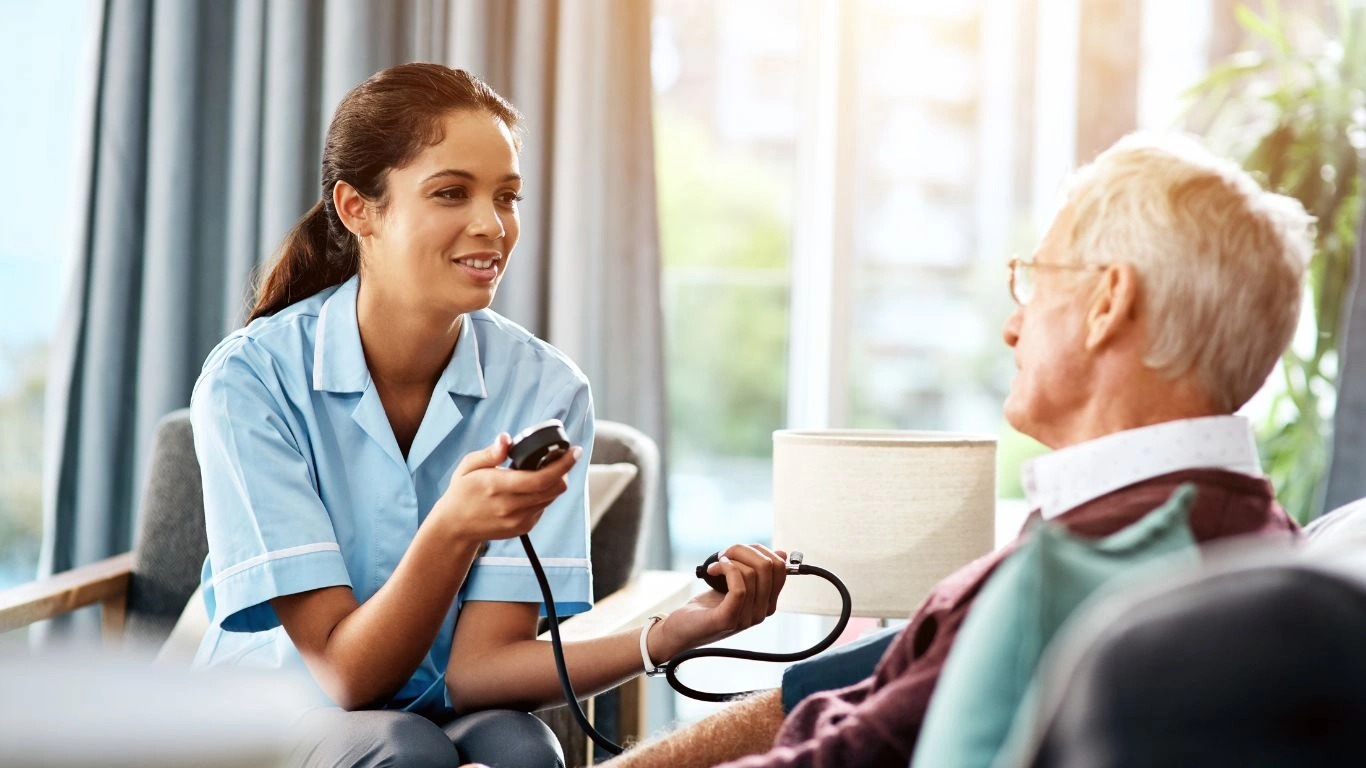
1. Standing Up Too Fast (Orthostatic Hypotension)
This one’s way more common than most folks think. Ever jump up too quick and suddenly feel like the room’s spinning? That’s your blood pressure trying to play catch-up. It’s called orthostatic hypotension, and I see it all the time—especially in older adults or those on blood pressure meds.
Here’s the deal: when you stand up, gravity pulls blood down into your legs. If your body doesn’t adjust fast enough by tightening up your blood vessels and increasing your heart rate, your brain gets shortchanged on oxygen—and you feel it. In my clinic, I’ve had patients tell me they avoid standing up quickly just to dodge that roller-coaster feeling.
2. Dehydration
I know, sounds basic, but dehydration is a huge player. I once had a marathon runner come in with dizzy spells post-race—turns out he hadn’t been drinking nearly enough water. When your body lacks fluid, your blood volume drops, and so does your pressure. This doesn’t just happen to athletes either; I’ve seen this in busy professionals who forget to hydrate during their 12-hour workdays and even older patients whose thirst reflex isn’t as sharp.
3. Medications—Especially for High Blood Pressure
It’s a bit ironic, but sometimes the very meds we prescribe to keep blood pressure down can overshoot the mark. Diuretics (water pills), beta-blockers, ACE inhibitors—you name it. They all have the potential to trigger a sudden drop, especially if the dosage isn’t quite right or if someone’s lost fluids from vomiting or diarrhea. I always tell my patients: If you’re feeling off after starting or changing a med, don’t wait—reach out.
4. Blood Loss or Internal Bleeding
This one’s more of a red flag. If you’re suddenly feeling faint or seeing stars and you’ve had an injury, surgery, or even a heavy menstrual cycle, it’s possible you’re losing more blood than your body can handle. I had a patient with a slow gastrointestinal bleed—totally invisible to the naked eye—whose only symptom was recurring lightheadedness. We caught it early, thankfully, but it served as a strong reminder: Don’t ignore the signs.
5. Severe Infection (Sepsis)
This is the big one. If an infection spreads and your body enters sepsis, your blood vessels can suddenly dilate (widen), causing a rapid drop in pressure. I remember a case during residency—a middle-aged man with what seemed like a simple urinary tract infection. He came in confused, weak, and sweating. His blood pressure was crashing. Turns out, it had turned septic. Early treatment saved his life. This is why sudden drops can’t always be brushed off.
Why It Matters More Than You Think
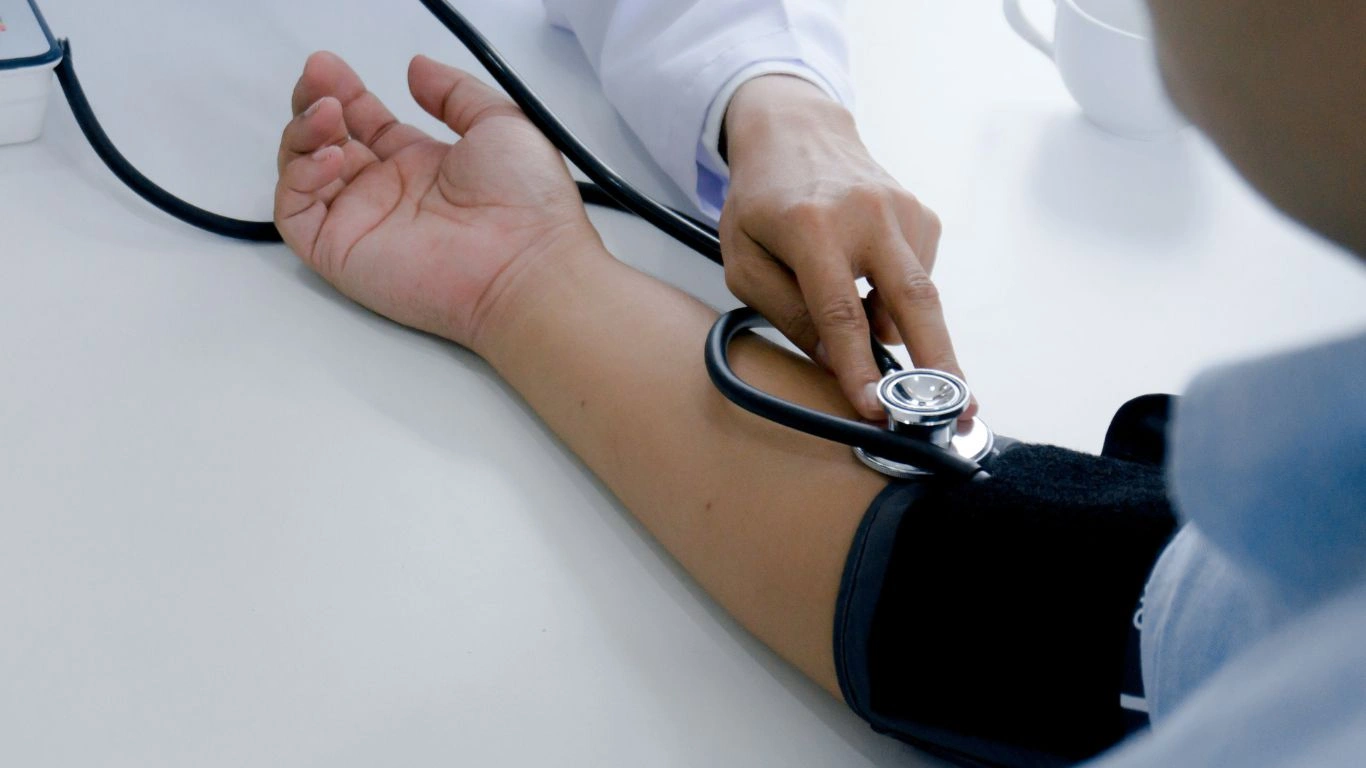
So why the fuss about sudden blood pressure drops? Because they aren’t just annoying—they can be dangerous. Falls, fainting spells, accidents, even long-term organ damage if blood flow is compromised for too long. And if you’re managing hypertension like many of my patients, that delicate balance between “too high” and “too low” becomes even more important.
I often tell my patients, “Treating high blood pressure is like steering a car down a narrow mountain road—veer too far left or right, and you’ve got trouble.” That’s why we don’t just throw meds at a problem. We tailor every treatment, and we listen. Because sometimes, the numbers don’t tell the whole story—but your body does.
More Causes of Sudden Blood Pressure Drops
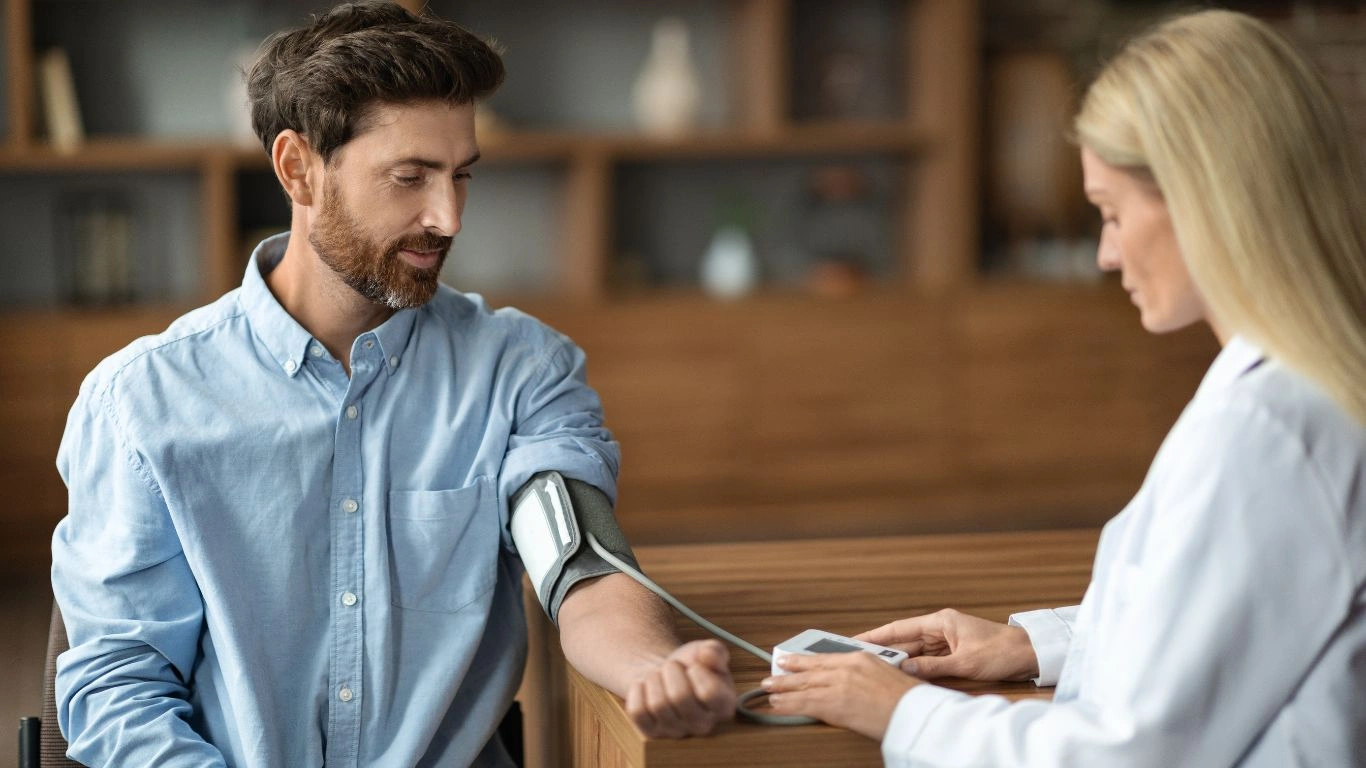
In the first part of this article, we covered some of the most common reasons for sudden blood pressure drops—like dehydration, standing up too quickly, and medication issues. But there are still more potential causes. Some of these might surprise you, and some could be more specific to certain conditions. As an internal medicine physician who’s had the privilege of working with so many individuals, I’ve seen a wide array of triggers. Let’s dive into more factors that could cause a sudden drop in blood pressure.
6. Heart Problems
When I say “heart problems,” I’m talking about a wide range of potential issues. From heart valve problems to arrhythmias to heart attacks, if the heart isn’t pumping blood effectively, your pressure can drop rapidly. I’ve had patients with arrhythmias (irregular heartbeats) that didn’t even know their hearts were skipping a beat, literally. These sudden drops in heart rate can create a drop in blood pressure that feels alarming.
One case that stands out was a patient in their mid-50s who came in feeling lightheaded and weak. After running some tests, we found they had a significant issue with their heart’s rhythm—something we were able to address with medication and lifestyle changes. So, it’s not just the pressure reading that matters—it’s how well the heart is doing its job too.
7. Endocrine Disorders
Your body’s endocrine system—which includes the thyroid, adrenal glands, and pituitary gland—plays a critical role in blood pressure regulation. Conditions like hypothyroidism (an underactive thyroid), adrenal insufficiency (Addison’s disease), and even diabetes can lead to fluctuating blood pressure.
I remember working with a patient who came to me with what seemed like normal low blood pressure symptoms—dizziness, fatigue, feeling off after standing. But after some blood tests, we discovered that the root cause was Addison’s disease. Once we started treatment to address their adrenal insufficiency, their blood pressure stabilized. It just goes to show that sometimes, it’s not just about the heart or blood vessels—it could be a deeper hormonal imbalance that needs to be corrected.
8. Pregnancy and Pre-Eclampsia
Pregnancy is a beautiful, yet sometimes complicated journey. For some women, blood pressure issues are a real concern, and pre-eclampsia is one of the most dangerous. While pre-eclampsia is usually associated with high blood pressure, it can also cause significant drops in pressure in certain circumstances, especially when the pregnancy progresses to more severe stages.
I’ve worked with many expectant mothers who noticed changes in how they felt, especially in the second trimester. Low blood pressure in pregnancy is often due to changes in the circulatory system as the body works overtime to supply the growing baby. I always remind my pregnant patients: if you feel lightheaded or dizzy, don’t ignore it—there could be more going on that requires attention. Luckily, with the right monitoring and care, we can manage these changes safely.
When Sudden Blood Pressure Drops Are a Serious Concern
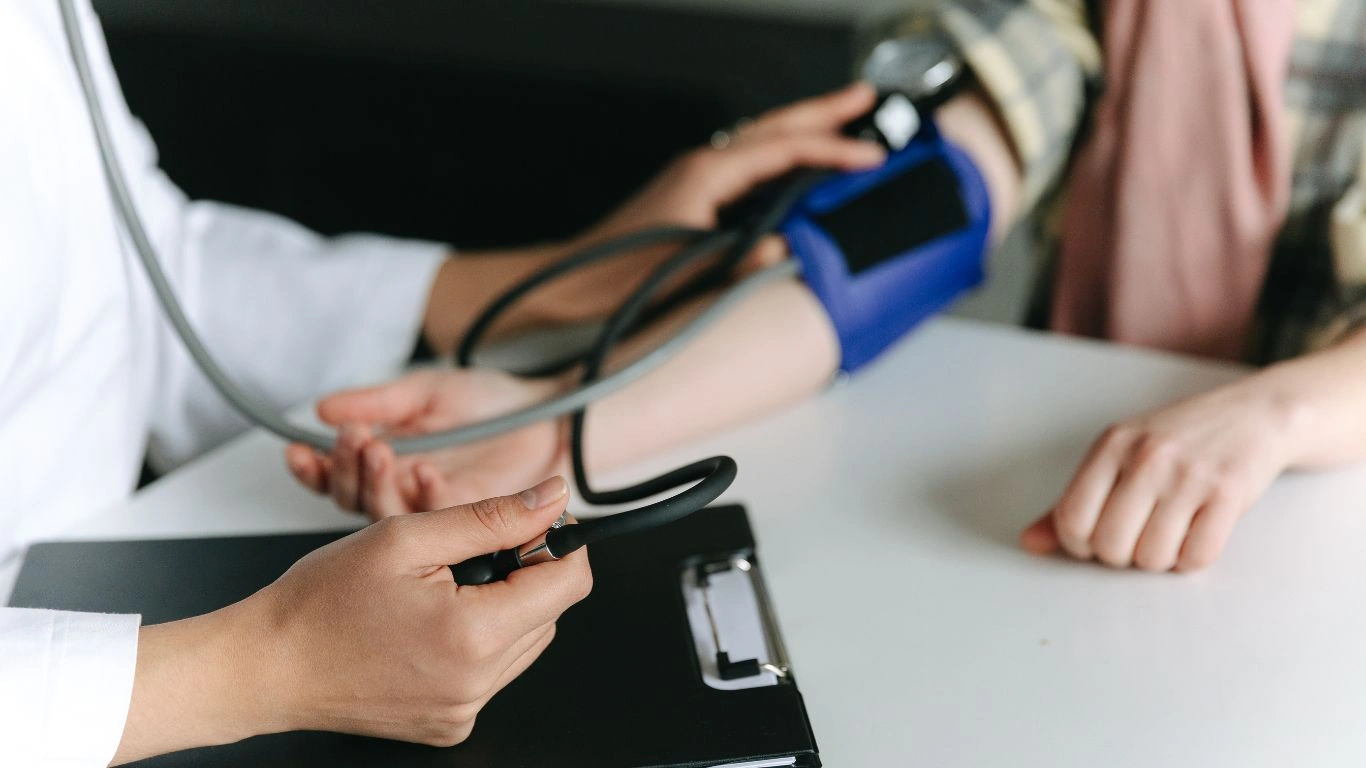
While a sudden drop in blood pressure may sound alarming, it’s not always a red flag. In some cases, the body can adjust and recover without any long-term consequences. But in other cases, those drops could indicate a serious underlying condition that requires medical intervention. So, how do you know when a blood pressure drop is just a temporary inconvenience, and when it’s something more?
Severe Symptoms: When to Seek Immediate Help
If you experience any of the following symptoms alongside a sudden blood pressure drop, it’s important to seek immediate medical attention:
- Confusion or difficulty thinking clearly
- Chest pain
- Severe shortness of breath
- Fainting or near-fainting spells that don’t resolve
- Severe headache or vision problems
In these cases, I always tell my patients that it’s better to be safe than sorry. One of the toughest parts of being a physician is helping patients understand that while some symptoms are common, others should not be ignored. Sometimes, people wait too long because they’re unsure whether their symptoms are serious or not. It’s always better to err on the side of caution.
The Role of Lifestyle Factors
As a physician focused on hypertension, I’ve spent a lot of time discussing the importance of lifestyle changes. Poor diet, lack of exercise, smoking, and excessive alcohol consumption can all lead to changes in blood pressure. But what’s less commonly talked about is how these same factors can contribute to blood pressure drops. For instance, someone with high blood pressure who suddenly makes drastic changes—like cutting out all salt or starting an intense exercise program—could inadvertently lower their blood pressure too much. While a healthier lifestyle is vital, it’s important to do it gradually and under guidance.
One of my patients, a 40-something guy who’d recently lost a significant amount of weight, came to me with complaints of dizziness. He had been cutting back on salt and going for long runs every morning. While this was great for his overall health, he had been overdoing it and lowering his blood pressure too much. After making some tweaks to his routine, he was feeling much better, but it was a good reminder to always approach big lifestyle changes with a little caution and self-awareness.
Managing Sudden Drops in Blood Pressure

If you’re someone prone to sudden drops in blood pressure, there are steps you can take to minimize those dizzying moments. Here are a few tips I regularly share with my patients:
- Stay hydrated: This one cannot be emphasized enough. Keep a water bottle nearby, especially during warm weather or after exercise.
- Avoid sudden position changes: Stand up slowly from a sitting or lying position. Give your body a few seconds to adjust.
- Eat smaller, more frequent meals: Large meals can cause blood to pool in your stomach, leaving you feeling lightheaded.
- Wear compression stockings: These can help improve blood flow to your legs and reduce the likelihood of dizziness when standing up.
- Check your medications: Review your medications regularly with your doctor, especially if you’ve noticed any changes in your symptoms.
Managing blood pressure—whether it’s high or low—is a constant balancing act. It’s not just about numbers on a chart—it’s about how your body feels and how we can help you feel your best. Your body speaks to you, so listen to it, and make sure you’re getting the care you need to stay healthy and strong.
How to Handle Sudden Blood Pressure Drops
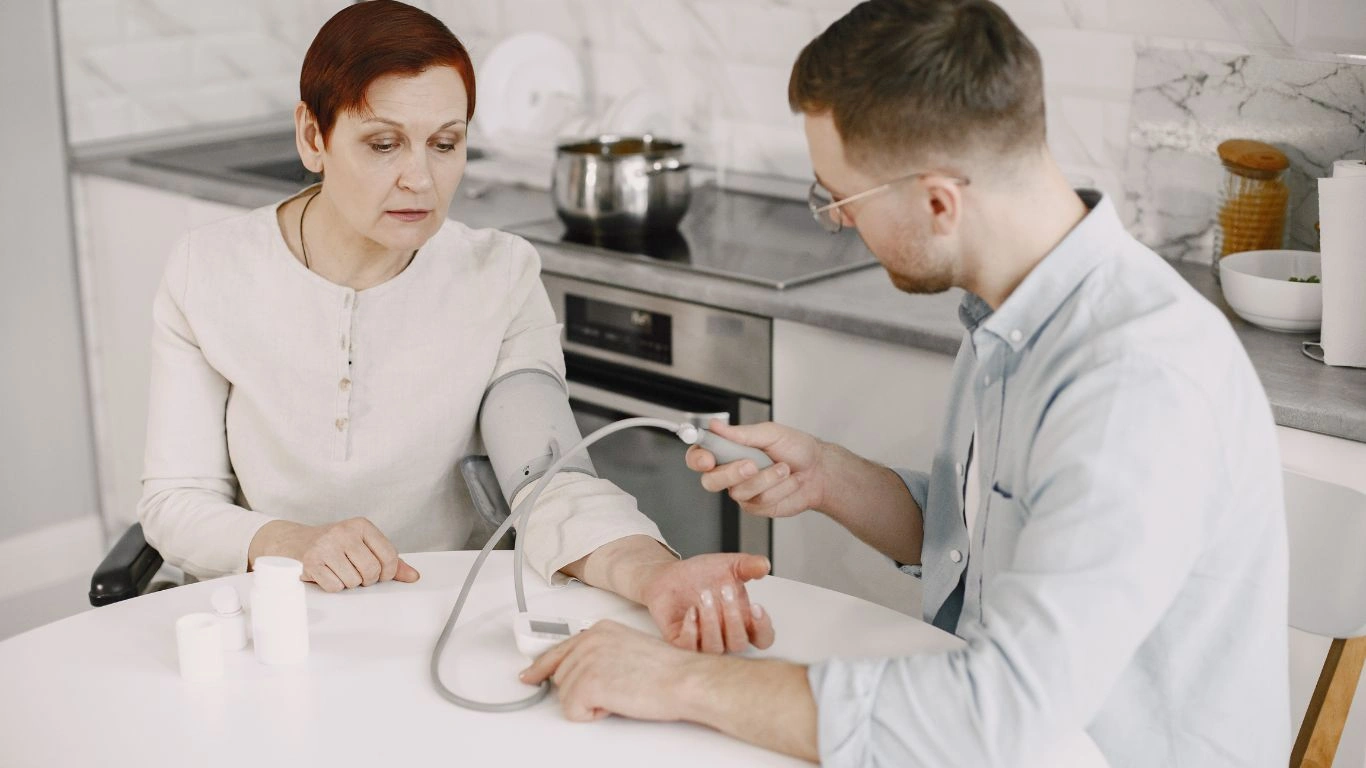
By now, we’ve covered a lot of ground regarding what causes sudden drops in blood pressure. But what happens if you’re already experiencing one of those dizzying spells? What do you do in the moment to get back on your feet? As someone who has worked in hypertension management for years, I can tell you that a lot of the solutions come down to common-sense approaches and understanding what’s happening in your body.
1. Take Immediate Action: What To Do If You Feel a Drop Coming
If you start feeling lightheaded or dizzy, the first thing you should do is stop what you’re doing and sit or lie down. Staying upright during a drop can increase your chances of fainting, which can lead to injury. I always tell my patients to find a safe spot to sit, take deep breaths, and wait for the dizziness to pass.
Once seated or lying down, elevate your legs slightly. This helps blood flow back to your brain, which is crucial when your pressure drops suddenly. I’ve recommended this simple maneuver to countless patients, and many have found it provides immediate relief. It’s a small, easy action that can help get your blood moving in the right direction again.
2. Hydrate, Hydrate, Hydrate
Remember how we talked about dehydration being a big factor in low blood pressure? One of the quickest fixes if you’re feeling lightheaded is to drink water. If you’re severely dehydrated, you may need to sip slowly on an electrolyte solution or oral rehydration salts. I can’t stress enough how important it is to stay hydrated throughout the day, particularly in hot weather or when you’re more physically active than usual.
Don’t wait for symptoms to appear before reaching for that water bottle! Regular hydration can help prevent drops in blood pressure from catching you off guard.
Long-Term Strategies for Managing Blood Pressure
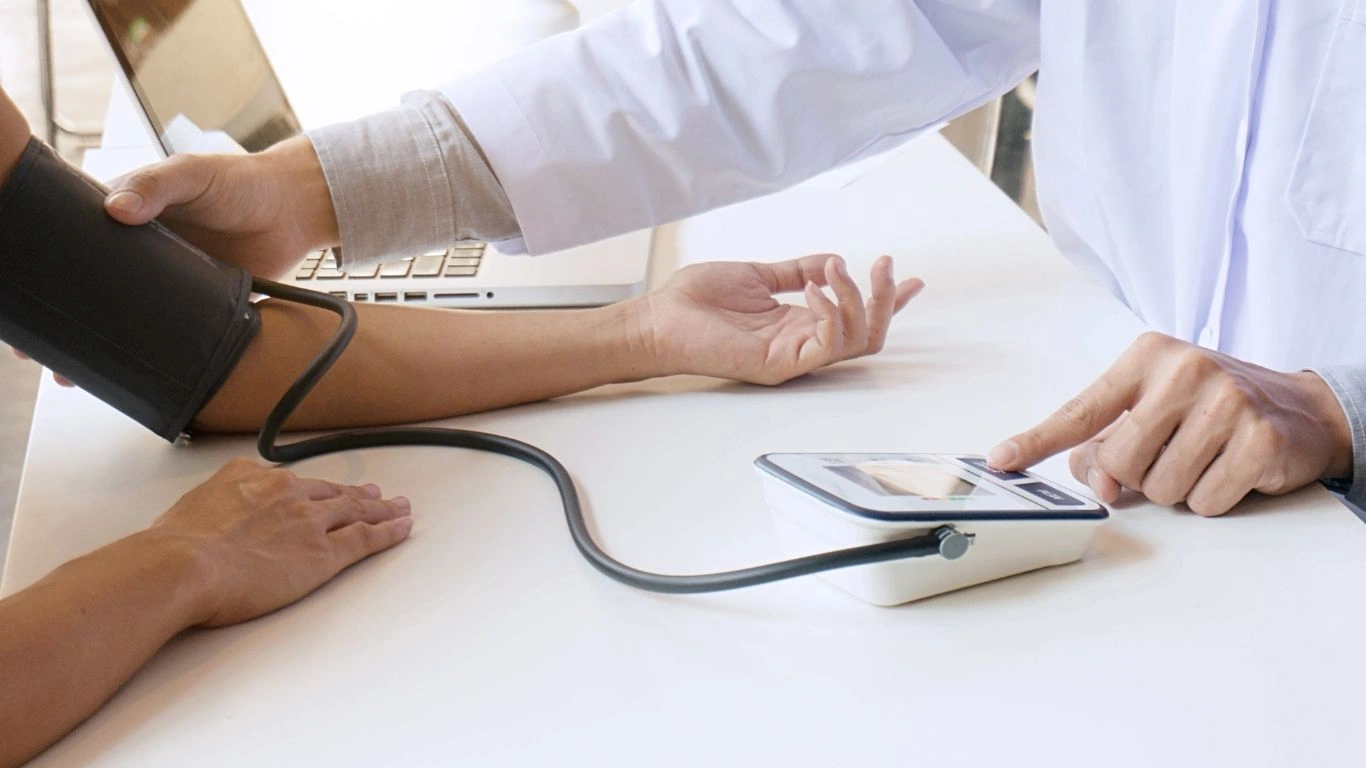
Now, while immediate actions can help you deal with a drop as it happens, you also need long-term strategies to help manage your blood pressure overall. You’re not just looking to address one-off episodes of dizziness, but also to maintain a healthy balance that minimizes the risk of sudden drops.
1. Maintain a Healthy Diet
The foods you eat can have a profound effect on your blood pressure, both in terms of raising it and lowering it. A diet rich in whole grains, fruits, vegetables, and lean proteins helps stabilize blood pressure, while excess salt, alcohol, and processed foods can trigger drops. As someone who’s worked with patients on both ends of the hypertension spectrum, I can say that a healthy diet is one of the easiest (and most enjoyable!) ways to keep your blood pressure in check.
For example, potassium-rich foods like bananas, spinach, and sweet potatoes help balance sodium levels in your body, which can keep your blood pressure from fluctuating wildly. On the flip side, cutting back on high-sodium foods can reduce the likelihood of sudden drops after meals. Every time you eat, think about how your choices are either stabilizing or destabilizing your blood pressure.
2. Exercise Regularly
Physical activity doesn’t just help lower high blood pressure—it’s also key in preventing sudden drops. Regular exercise strengthens your heart, improves blood flow, and can help you maintain a healthy weight. Even something as simple as walking or light jogging can make a big difference. I’ve had many patients report feeling more stable and less prone to dizziness after just a few weeks of consistent activity.
But don’t go overboard! If you’re someone who experiences low blood pressure frequently, it’s important to gradually increase exercise intensity and make sure you’re listening to your body. Always check in with your healthcare provider to make sure you’re on the right track.
3. Monitor Your Blood Pressure
If you’re at risk of sudden blood pressure drops, it’s a good idea to monitor your blood pressure regularly. At home blood pressure monitors are affordable and easy to use, so you can stay on top of fluctuations and make adjustments as necessary. I tell my patients that taking the time to monitor blood pressure isn’t just for those with high readings—it’s for everyone who wants to live their healthiest life.
Tracking your readings can also help you catch early warning signs of irregularities before they lead to more serious issues. If you notice frequent drops, it might be time to adjust your lifestyle or medication regimen, or to seek further evaluation from your doctor.
4. Medication Adjustments (With Your Doctor’s Guidance)
Sometimes, even with the best lifestyle changes, medication is necessary to help stabilize blood pressure. If you’re already taking medication for hypertension and still experiencing frequent drops, talk to your doctor about adjusting your treatment plan. It’s crucial to have open conversations about how your medications are affecting you.
Don’t try to adjust your medications on your own. It’s always best to work closely with your healthcare provider to find the right balance. As someone who specializes in hypertension management, I can tell you that the goal is to get you feeling your best—whether that’s through lifestyle changes, medications, or a combination of both.
References
For more information on hypertension and blood pressure management, feel free to check out the following resources:
Disclaimer
The information provided in this article is intended for general informational purposes only. It is not a substitute for professional medical advice, diagnosis, or treatment. Always seek the advice of your physician or other qualified healthcare provider with any questions you may have regarding a medical condition. Never disregard professional medical advice or delay in seeking it because of something you read in this article.

Dr. Gwenna Aazee is a board-certified Internal Medicine Physician with a special focus on hypertension management, chronic disease prevention, and patient education. With years of experience in both clinical practice and medical writing, she’s passionate about turning evidence-based medicine into accessible, actionable advice. Through her work at Healthusias.com, Dr. Aazee empowers readers to take charge of their health with confidence and clarity. Off the clock, she enjoys deep dives into nutrition research, long walks with her rescue pup, and simplifying medical jargon one article at a time.

